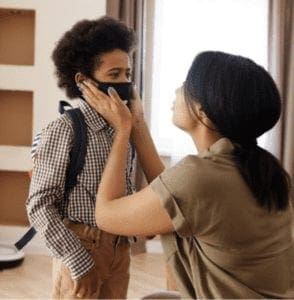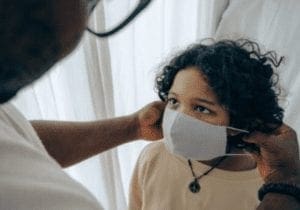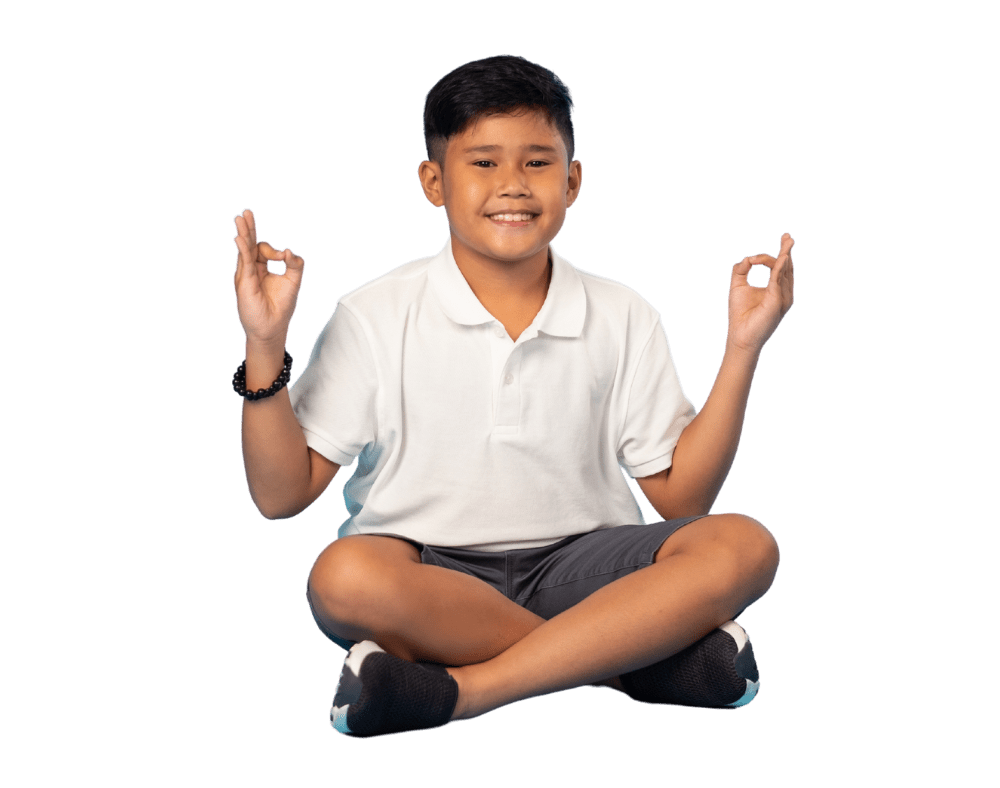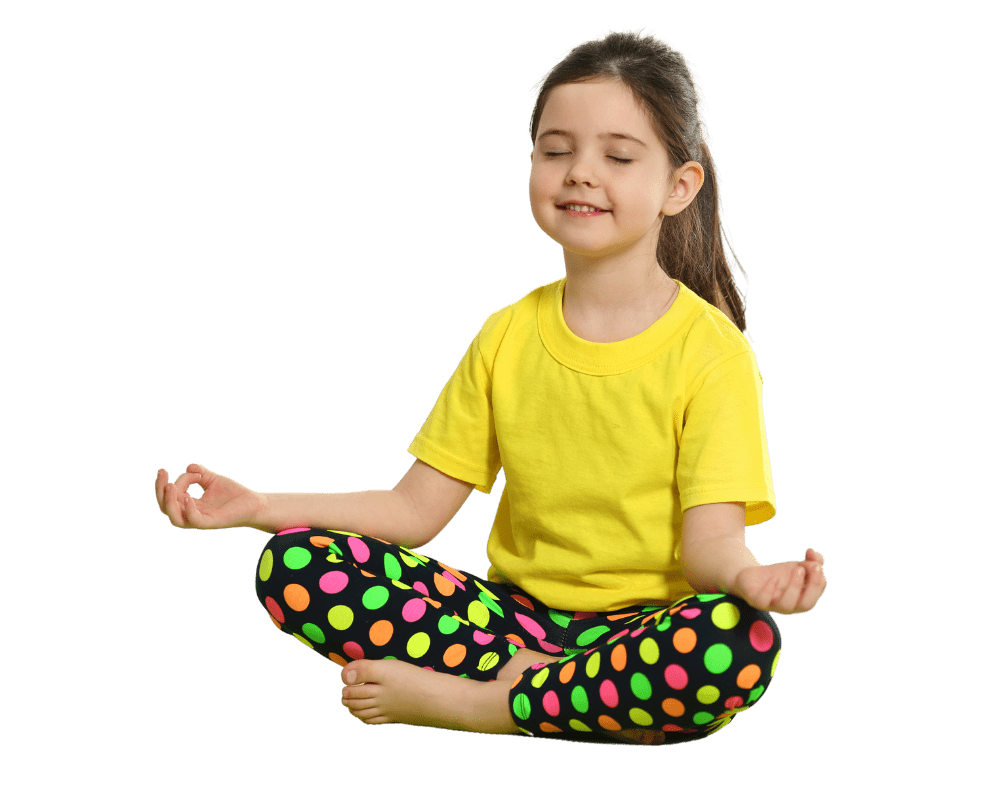Whenever I see a young child wearing a mask, the little psychologist in me screams, “Is this going to totally mess you up down the line?” No, I do not mean the physical ramifications of wearing a mask for so many hours a day, but how does growing up in a fear-based reality impact these kiddos who are so easily impressionable?
Many people have extreme opinions on this global pandemic, how it should be handled, and how we should be moving forward as a society. But how are we relaying this information to our children? Do we scare them into wearing masks by telling them without it they could get sick? Do we reinforce the idea that if we don’t play our part by washing our hands, wiping down surfaces, and maintaining social distance that we will be punished? In this three part blog I will present some current research that shows how growing up in this environment can possibly effect our children’s mental health, simple practices that we can use to try to soothe our kiddo’s minds and put them at ease, and finally what we can do to take care of ourselves!
An article from Time Magazine online says although children are not the primary demographic of people being infected, they are still experiencing negative ramifications of the disease. “[If] COVID-19 is sparing most kids’ bodies, it’s not being so kind to their minds. Nobody is immune to the stress that comes with a pandemic and related quarantining. Children, however, may be at particular risk.” Kluger continues to source several different research studies that show the negative mental effects that growing up in a global pandemic can have on children. “One study out of China, published in JAMA Pediatrics, researchers in Hubei province, where the pandemic originated, examined a sample group of 2,330 schoolchildren for signs of emotional distress. The kids had been locked down… [for] an average of 33.7 days. Even after that single month, 22.6% of them reported depressive symptoms and 18.9% were experiencing anxiety.” (1)
Additionally, UNICEF provides some great resources for children, teenagers AND parents. “In times of difficulty it is normal for children and other family members to have strong reactions such as feeling sad, irritable or confused, having sleeping disorders, physical reactions and fear of the unknown… One thing that connects us all is that we are all going through this crisis together and doing our best to adapt to the new reality. Focus and dedication on the mental health and wellbeing of children and caregivers is just as important as taking precautions against the virus.” (2)
Let’s first discuss how we are presenting information to young ones, especially children under the age of 10. It is important that we bring forth this information in a gentle and empathetic way. If we are too harsh, it could scare them and create a lot of anxiety in the future.
Start by educating children on what exactly a virus is, how common it is for us to contract them, and that typically strong and healthy bodies can fight off a virus (and actually become stronger after!). It is important that children know contracting a virus does not mean inevitable illness or death. There are many thousands of people who have contracted Covid and experienced no symptoms. 
Next, we must teach our children why it is so important that we take all of these precautions. It is for our collective society: for Grandma and Grandpa, for your elderly neighbor who lives next door, for people who are sick and have weaker immune systems, and anyone who may have a difficult time fighting off the virus on their own. We wash our hands with love, we wear our masks with pride and care.
Furthermore, what can we do to ease our child’s anxiety when it may feel out of our control? Yoga, of course! Pranayama, Hatha (movement), Meditation and more. We are living in stressful times, and it is important that we use our yoga tools, whether it be practicing meditation for a few minutes each morning, sketching in a coloring book, or doing a few salutations to the sun when we wake. Let’s connect with our bodies and our minds in a positive way; we must reinforce these beneficial behaviors, especially now when we are spending so much time at home, and most likely a lot of that time staring at screens.
Stay tuned for part 2 where I will review some more positive practices that you can use with your kids to help maintain a healthy state of mind. Our world is going through a very challenging time, let’s put our yoga tools to good use!
- Kluger, Jeffrey. “The Coronavirus’ Effect on Kids Mental Health Is Deepening.” Time, Time, 23 July 2020, time.com/5870478/children-mental-health-coronavirus/.
- “Mental Health and Wellbeing of Children and Families Impacted by COVID 19.” UNICEF Global, 26 Mar. 2020, www.unicef.org/northmacedonia/mental-health-and-wellbeing-children-and-families-impacted-covid-19.
Like what you read here? There’s so much MORE to explore and learn with Kidding Around Yoga. Check out our website for our live and online teacher trainings, Yoga Alliance-approved 95-hour RCYT trainings, specialty online courses, original music, merchandise, and SO MUCH MORE!


